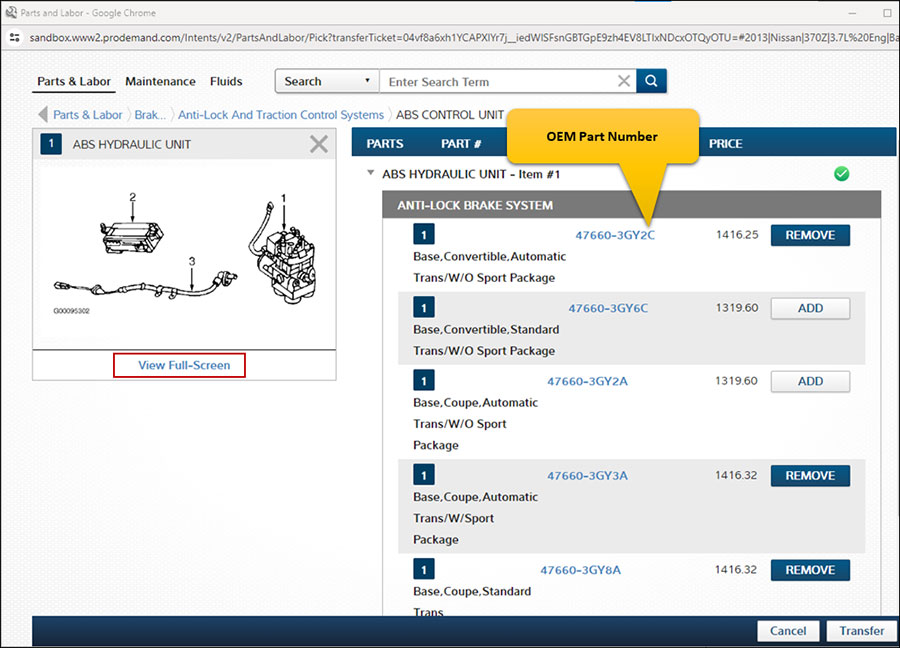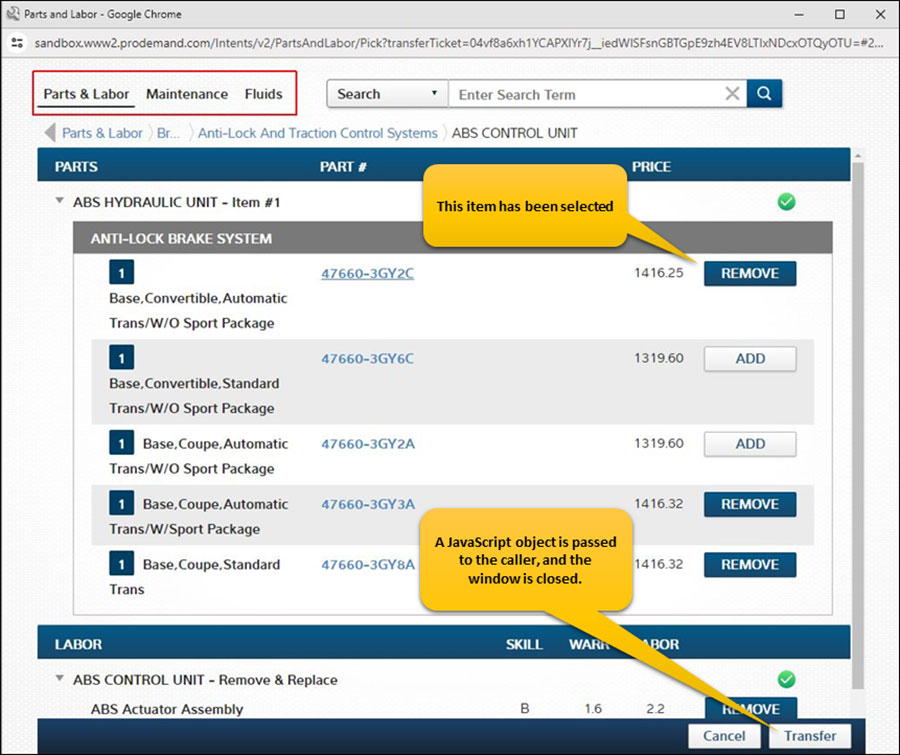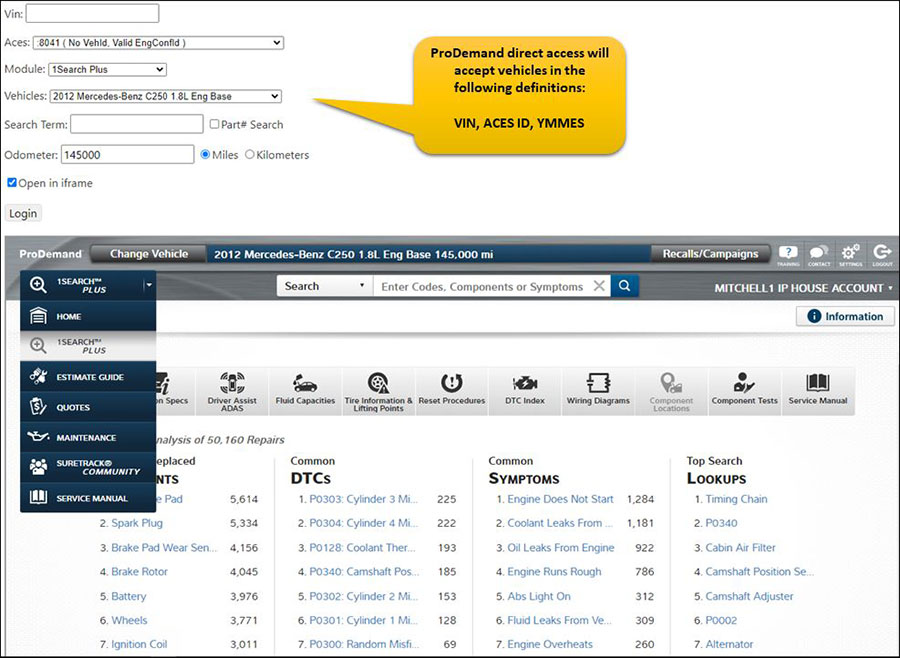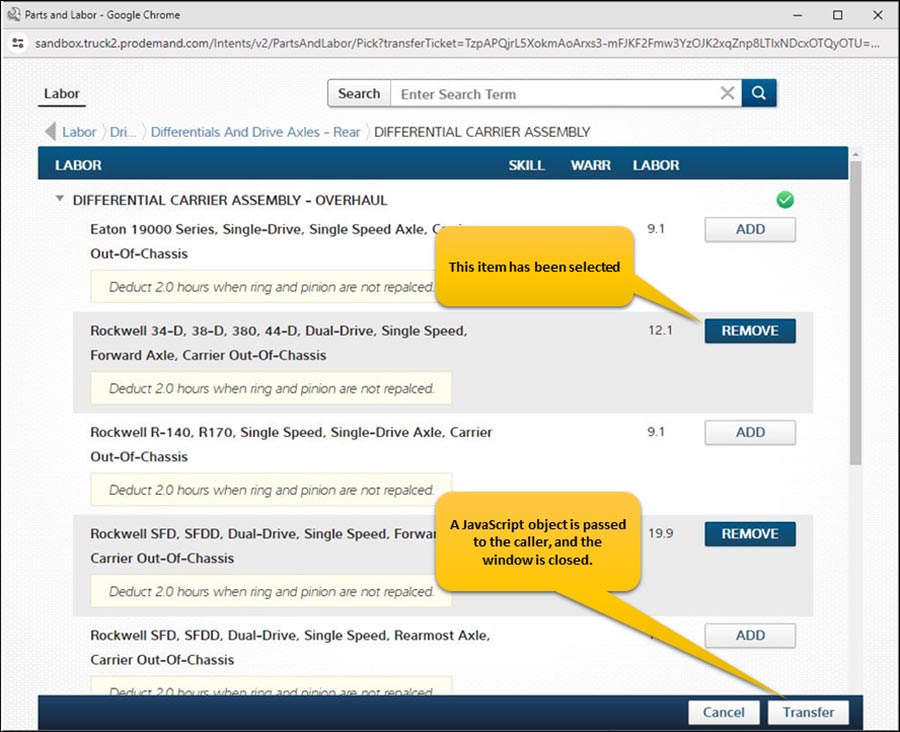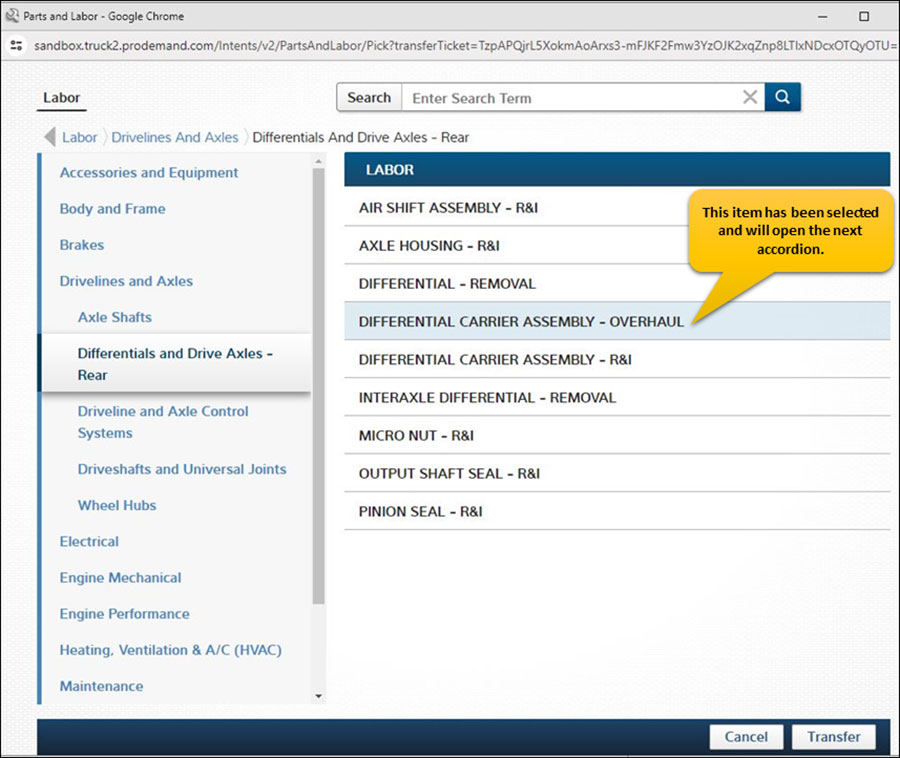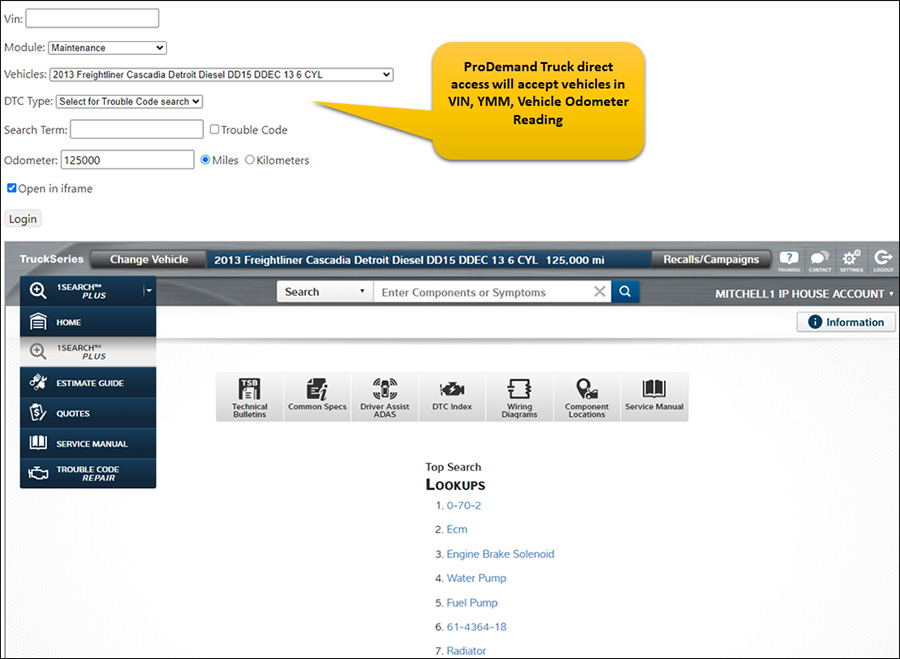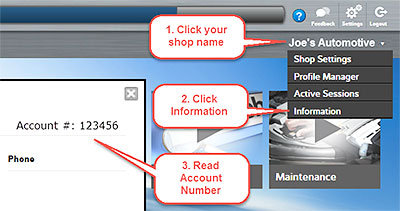Shop Connection Blog
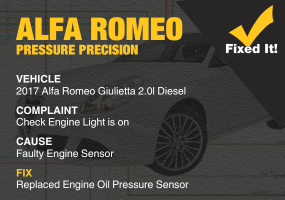
SureTrack Real Fix: 2017 Alfa Romeo Giulietta 2.0l Diesel
July 10, 2025
Check engine light on in a 2017 Alfa Romeo Giulietta? A faulty engine oil pressure sensor triggered code P1541. Diagnostics confirmed proper oil pressure but incorrect sensor readings. Replacing the sensor resolved the issue—live data returned to normal, and the warning light stayed off after a successful road test.
Read More
Read More

Mitchell 1 Congratulates Service Information Station Winner at the 2025 Arkansas Technician Championship
July 8, 2025
Mitchell 1 was honored to support the Service Information Skills station at the Arkansas Technician Championship, held Friday, June 26, at the Embassy Suites Convention Center in Rogers, Arkansas. It’s always a highlight for our team to take part in these competitions and see firsthand the incredible talent and dedication of the technicians who keep our industry moving.
Read More
Read More
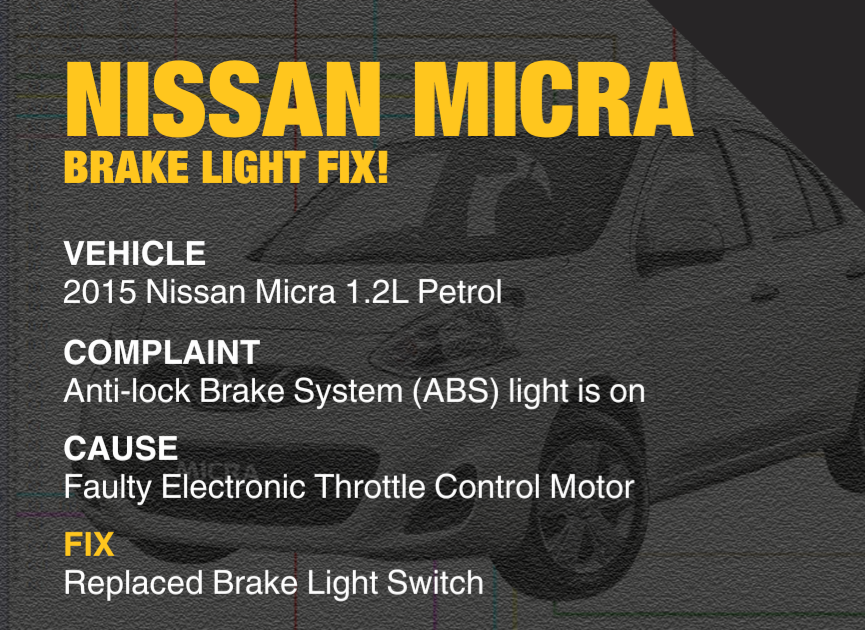
SureTrack Real Fix: 2015 Nissan Micra 1.2L Petrol
July 3, 2025
ABS light on in a 2015 Nissan Micra? A faulty brake light switch was the culprit. Diagnostics confirmed intermittent continuity despite intact wiring and fuses. Replacing the switch resolved the issue—no more warning lights, and the system now functions flawlessly. A simple fix for a potentially confusing warning.
Read More
Read More
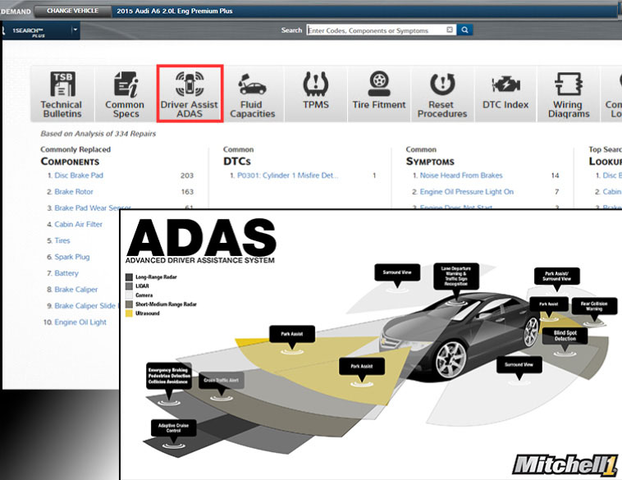
ADAS in the Auto Repair Shop: What You Need to Know Now
June 26, 2025
ADAS features like lane keeping and emergency braking rely on sensors easily disrupted during common repairs. Even minor misalignments can cause major issues. Auto shops must recalibrate ADAS components after work like alignments or windshield replacements to ensure safety. Staying informed and using tools like ProDemand is essential.
Read More
Read More
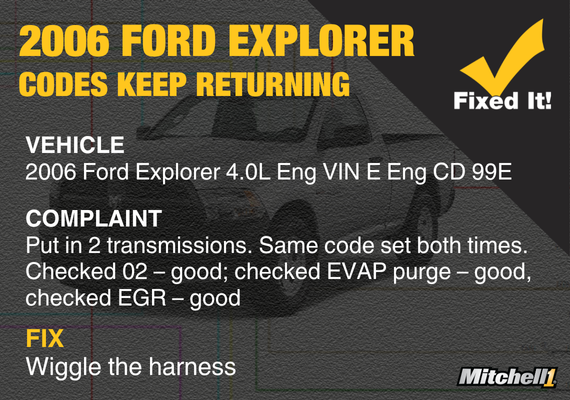
SureTrack Real Fix: 2006 Ford Explorer 4.0L Eng VIN E Eng CD 99E
June 20, 2025
A 2006 Ford Explorer repeatedly set codes P0161, P0403, P0443, P0645, and P0713—even after two transmission replacements and thorough sensor checks. The root cause was poor pin fitment or contamination near the EGR valve and PCM connector. Wiggling the harness while monitoring PIDs confirmed the intermittent connection issue.
Read More
Read More

Trouble Logging In? Reset Your Password in Minutes
May 23, 2025
Do you have about a million passwords floating around in your head? If you’ve forgotten your password -- or need to reset your password -- to access ProDemand or TruckSeries repair information software, it’s quick and easy! Just follow these steps...
Read More
Read More
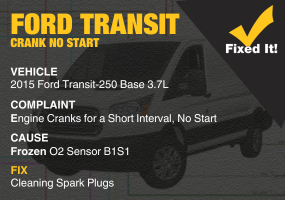
SureTrack Real Fix: 2015 Ford Transit – Crank No Start
May 12, 2025
2015 Ford Transit-250 with a 3.7L engine had a short crank issue despite starter replacement. No crank signal was detected. After verifying wiring and replacing the crank sensor, the issue persisted. Cleaning spark plugs and using wide-open throttle during cranking restored engine start and resolved the problem.
Read More
Read More
Search
Keep in Touch
Be the first to learn about the freshest news, insights, and stories from our community.
